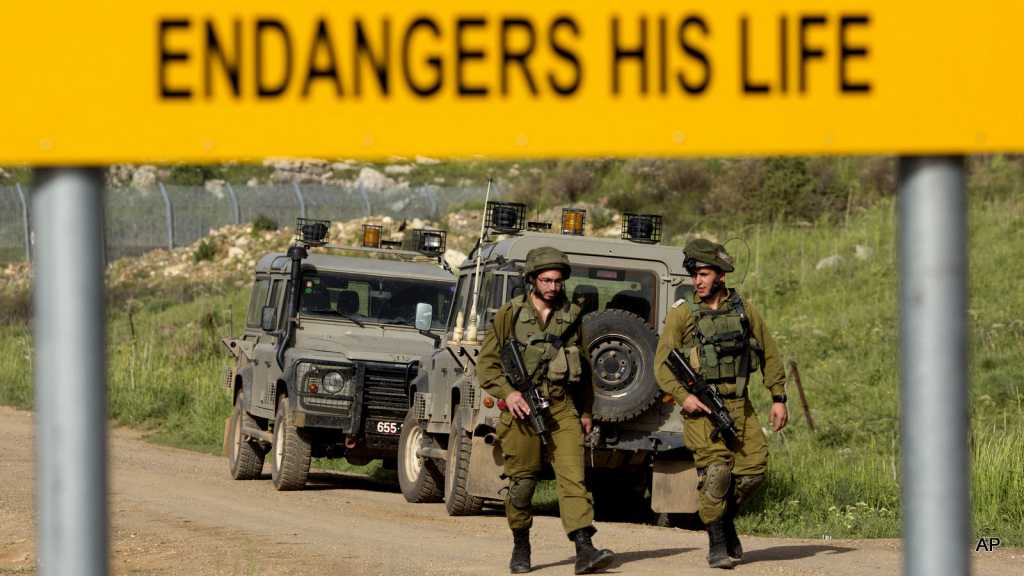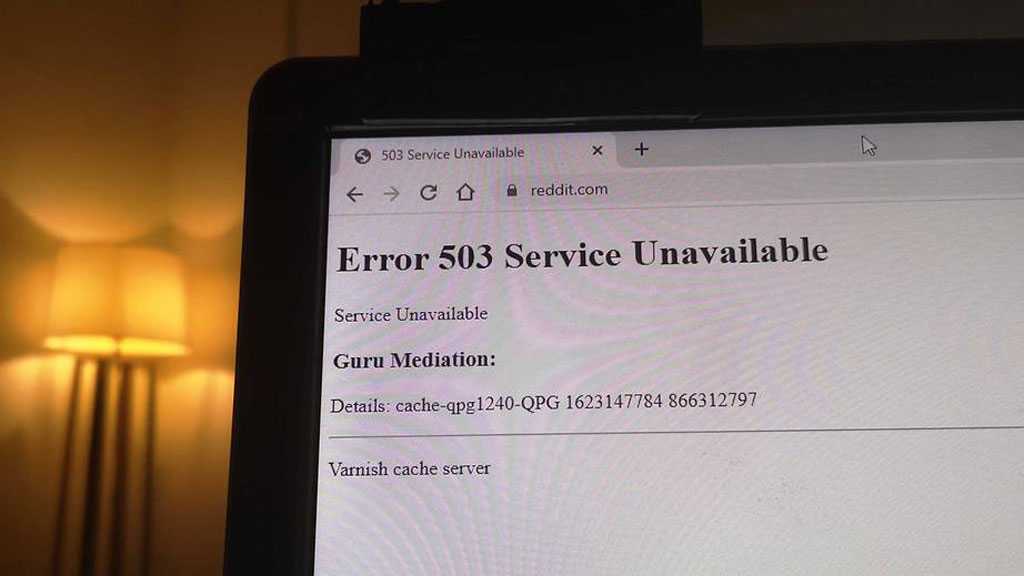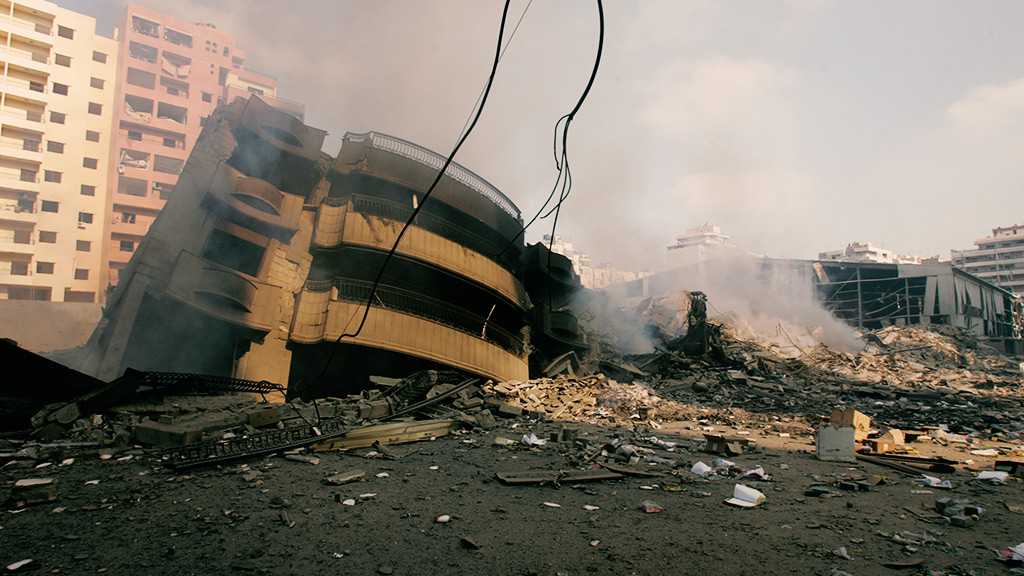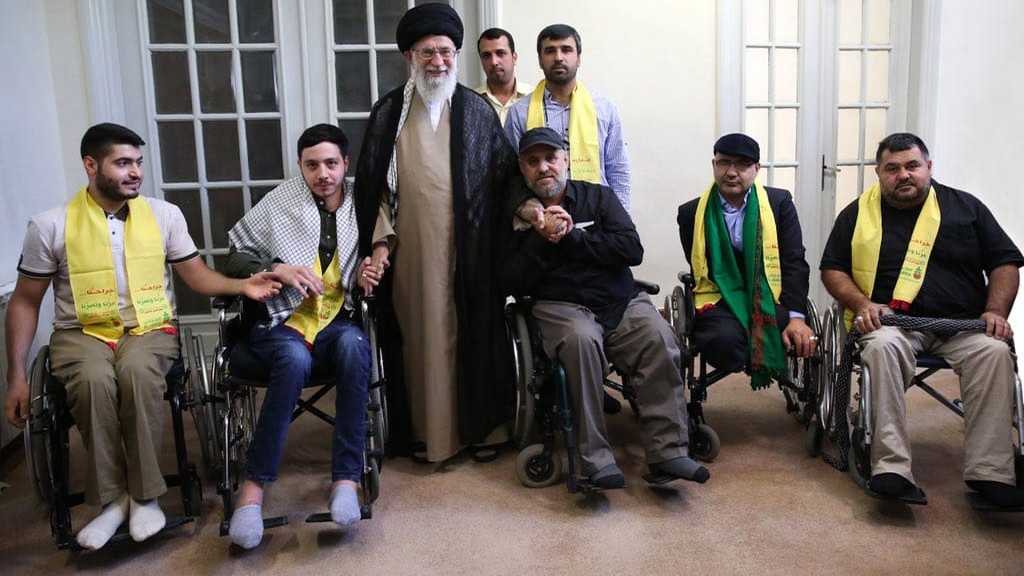
Haaretz: Hezbollah’s Nasrallah Is Right, «Israelis» No Longer Want to Fight

Local Editor
Under the title, “Hezbollah's Nasrallah Is Right: ‘Israelis’ No Longer Want to Fight,” Haaretz daily recalled that “Last month none other than ‘Israel’s’ great enemy, Hezbollah leader Hassan Nasrallah, cast doubt on the ‘Israelis’’ heroism and strength.”
In a detailed report by Ofrai Ilany, the daily quoted Sayyed Nasrallah as saying: “The only thing that interests the ‘Israelis’ is cooking competitions on television.”
“To him, that impression reinforces his famous saying that “Israel” is “weaker than a spider’s web,” it mentioned, noting that “as Nasrallah sees it, “Israelis” have become hedonistic and vulnerable, maybe even effeminate.”
The famous daily went on to say: “You don’t have to be Hezbollah chief to grasp that contemporary “Israel” is a post-heroic society.”
“Similar opinions are voiced in “Israel”, too, notably in the discourse about army-society relations.” Haaretz highlighted, stating that “Just last month, the ombudsman of the “Israeli” military, Maj. Gen. (res.) Yitzhak Brik, warned about disciplinary problems in the army stemming from the use of smartphones.”
Brik has cautioned that “Instead of talking to their soldiers directly, officers prefer to send them text messages, and this, Brik believes, erodes the command ethos and esprit de corps.”
Not long ago, the mass-circulation newspaper Yedioth Ahronoth reported another symptom of decadence in the apartheid entity’s military: “Drug use has become widespread in the “Israeli” army, among commanding officers as well, and including massive dealing in cannabis via the app Telegram. In addition, there have been allegations about the pampering of draftees, who complain to their parents about every perceived problem, from bland food to uncomfortable mattresses. With the backing of the worried parents, they treat the army as a service provider and act the part of grumpy clients.”
According to Haaretz, “Local sociologists too have identified a “post-heroic condition” in “Israeli” society.”
““Israel” has also transformed the post-heroic condition into a public-diplomacy advantage. A 1950s-style macho militaristic country wouldn’t be very popular today. But the anxious, sensitive “Israeli” soldier who watches “Master Chef” on television and exchanges WhatsApp messages with his mother is capturing American – and sometimes also European – hearts,” it added.
Meanwhile, the daily concluded: “At a time when “Israeli” snipers and drones are facing off against barefoot people on the brink of famine, heroic soldiers are less necessary. On the contrary: People who overrate heroism might mistakenly identify with Palestinians storming the Gaza border fence.”
Source: Haaretz, Edited by website team
Comments
- Related News

Global Websites Down Amid Internet Outage
3 years ago

